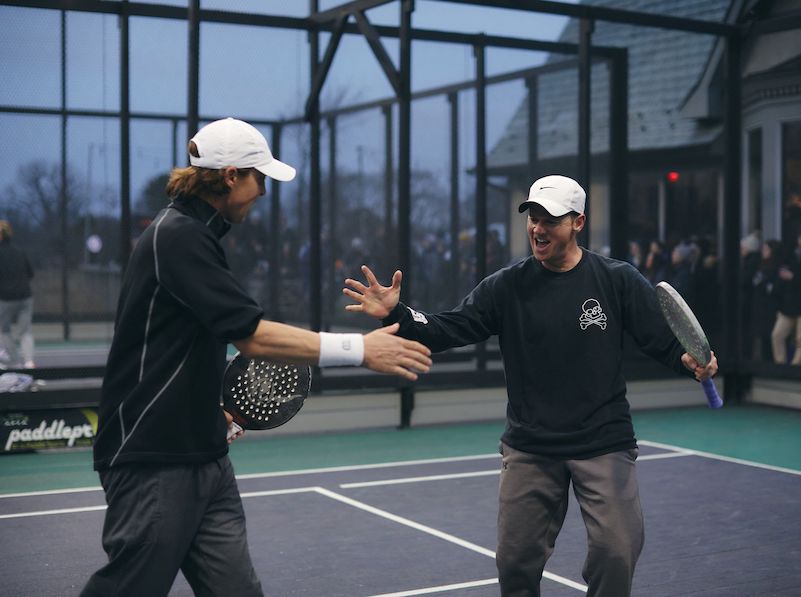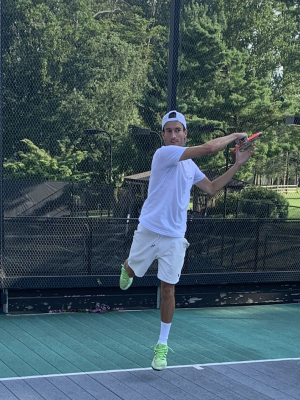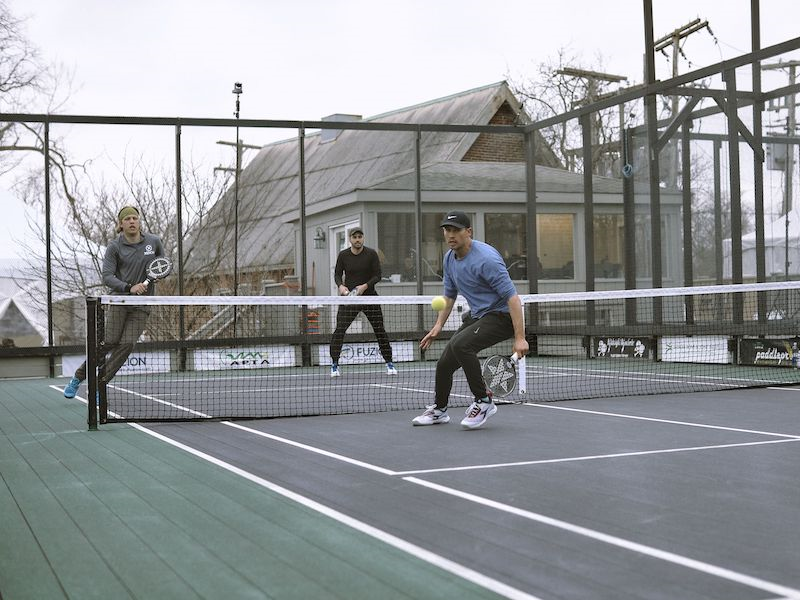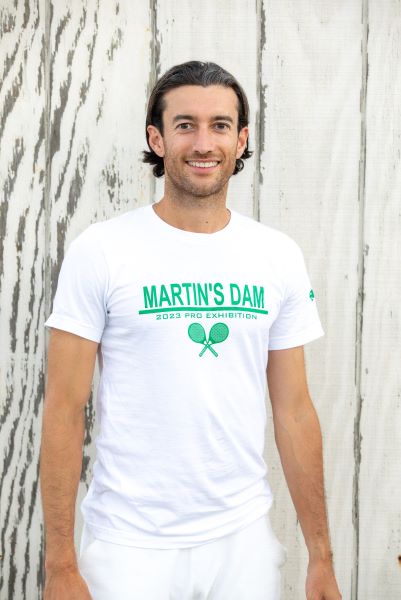NEWS
Thoughts to Begin the Season

As we embark on this season’s opening matches, it is a good time to set the table for your paddle future—specifically, what matches are great for and how to extract the most value from them. And how to be stronger tomorrow having had that match experience today.
Initial Progress
In the last few seasons, you will likely have made solid progress in your game. Perhaps you are a newer player, initially struggling to make serves and now rarely fault. Perhaps you are a more seasoned player, understanding your strengths better and using deliberate offense, such as a deck drive, when the time is right. Perhaps you are a tournament player who just made that critical breakthrough. You've built enough intuition so that the game plays like it is in slow motion and you can compete with ease against stronger opponents.
Regardless of which category you fall into, you’ve learned these skills so that you have more options and better execution on the court.

Blank Canvas + Medical Tools
Each paddle match is very much its own blank canvas, where we get to decide what we will create in the moment. The more options we have to create, the more fun we can have. Like Picasso, we don't want to paint with only one brush. We want the whole spectrum of colors to express ourselves point by point.
Not only do more skills allow us to create better shots, and paint different kinds of pictures, but they allow us to choose the right tool for the specific job and paint the right picture to suit a particular client.
In another analogy, like a surgeon, you go into the operating room with more tools than you need, in case something unexpected comes up. There are many tools we use more than others. A soft push overhead might be a scalpel, a volley might be the scissors, and a lob might be forceps. Once we have those tools down pat, we can try more sophisticated weaponry, like an arthroscope—roller—or x-ray—waterfall—to raise our performance.
Skill Acquisition
All this is to say, skill development is really what it's all about. Matches are simply a medium to give us feedback on what we're doing well and what we need to improve. But, unlike a surgeon burdened with the weight of a human life, it's okay to go out there and make mistakes.
Skill acquisition is inherently a series of error-correction, as we make mistakes, make improvements, make mistakes, make improvements, over and over again. In the first weeks of matches, remind yourself to have fun and enjoy the process of becoming your own Picasso and your own Dr. Paul Kalanithi (neurosurgeon/author of a beautiful perspective on life When Breath Becomes Air.

Make Your Best Effort
Let us also remember, it is not about winning or losing. Let me say that again for the folks in the back row, it is not about winning or losing. Regardless of the result, the post-game process will always be the same: review what went well and what needs improvement, and work on the next steps armed with this data. Continue this process day-in and day-out and the results should take care of themselves. If we do this, we are winning.
There are many other things we could be doing to bring us joy. Yet we choose to play paddle matches and we do it because paddle offers us a unique opportunity—to learn new skills, to invest in our own well-being, and to share a love for the sport.
Finally, enjoy the opportunity to be creative. Never tried the underhand serve? Practice with your coach to get confident enough to use it in a match. Never driven the return and blitzed behind it? Never felt comfortable block-lobbing back a hard snap overhead? Your whole team in the hut is right behind you and supporting you as you go for it.
Conclusion
I leave you with three quotes:
- "Don't be afraid to fail, be afraid not to try."—Michael Jordan
- "Did you make your best effort? If so, you may be outscored, but you will never lose."—Legendary basketball coach, John Wooden
- “It took me my whole life to learn to draw like a child.”—Pablo Picasso

Oliver Jones is the Director of Paddle at Martin’s Dam Swim and Tennis Club in Wayne, PA. He ranked in the top 50 teams in 2023. Oliver is the author of Paddle Principles: A Beginner to Advanced Guide to Winning Paddle. If you would like to purchase it, contact him directly at o.d.j.jones@gmail.com.

